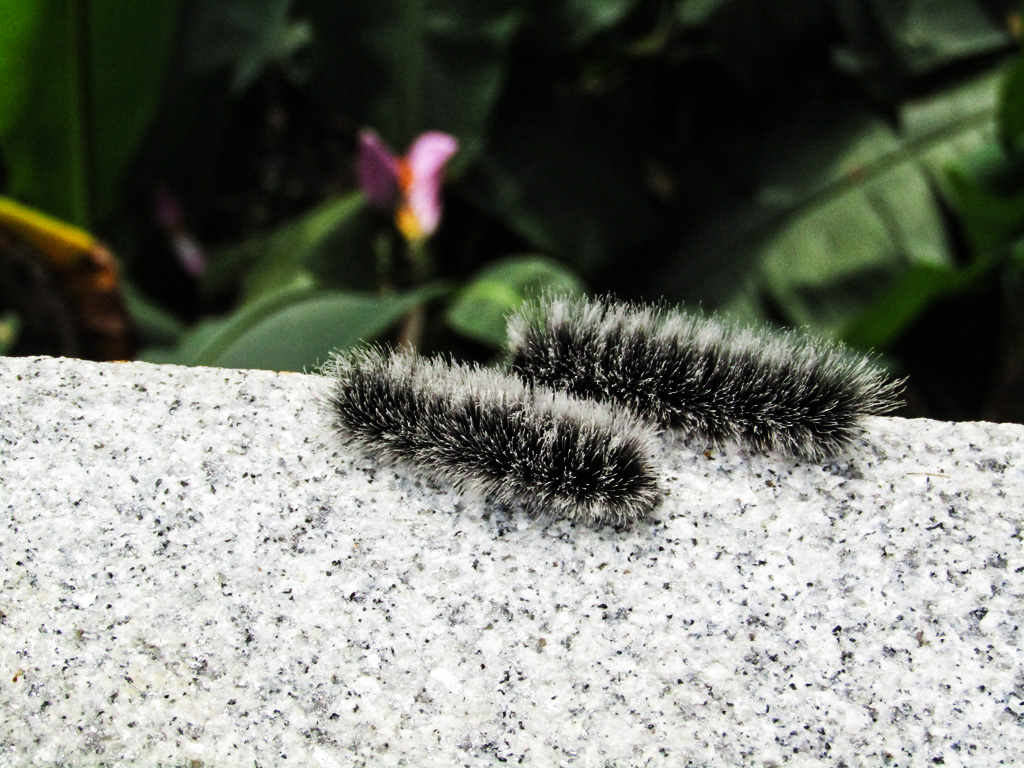Mist dripped from the rain-soaked leaves and the surrounding emerald forest reflected a dozen shades of green.
For someone like me who had been wilting in the sweltering heat of Delhi, breathing its mephitic air—Coorg was like a hyper-real tropical dream, straight out of a Rousseau painting. I was at The Tamara Coorg, a luxury eco-resort in the middle of Kabbinakad Estate. a 200-acre organic coffee plantation, nestled deep in the forests of the Western Ghats, above the town of Virajpet. Apart from coffee, cardamom, pepper, and areca nut are also cultivated at the estate that has 46 acres of the Arabica variety of coffee plants, 79 acres of the Robusta variety along with 10 acres of cardamom plants.

Tamara seems to be at its wild best during the rains. Apart from coffee and spices that grow here it is also home to trees like silver oak, rosewood, wild figs, orange, gooseberry and mango. I also saw stunning varieties of banana trees and ginger plants which had been brought all the way from Indonesia. It is evident how efforts are made to keep the environment as natural as possible at Tamara. While I was there, it was time for the caterpillars of butterflies and moths to feed. There was a particularly adorable kind, black and fat and fuzzy, that were falling down from trees and were all over the paths. On enquiring, the naturalist told me that they were caterpillars of Giant Leopard Moths that survive on coffee leaves. But since the plantation is organic, pesticides are not used and these pests are left alone. Here’s a picture:

and this gorgeous one:


When the construction began inside Kabinakkad, 9.14 m high walls were built to preserve the strength of the land and prevent landslides. The cottages made of Canadian spruce, Burma and Malay teak are built on stilts, that not only minimises their carbon footprint, but also helps preserve the existing ecosystem. The architects and designers focused on keeping the felling of trees under strict control. The Tamara Coorg, from concept to reality, truly represents living in harmony with nature.
The design of the resort draws deeply from the architectural style of traditional buildings in Kerala that were artistically designed for climatic functionality and used predominantly natural materials that are in harmony with the environment. Steeply sloping roofs, gable skylights, extensive timber framework, decorative rafters, long eaves, and sheltered verandahs are some of the characteristics of this style of architecture.

The Director, Shruti Shibulal recalls one of her most memorable moments during the resort’s construction. “I was shown a sight that I will never forget – the creation of the bridge on which we now house our restaurant, “The Falls”. A massive arch-shaped metal structure, that was created on site and would eventually become the deck of the bridge, was being hoisted by a pulley from the bottom of a 12.19 m deep gorge. This alone would take three days, a quarter of the time required for the entire process which would then need to be repeated five more times before the carpenters could come on board to create the timber structure that we now see. All this was happening in the middle of a place still native to wild tigers, boars, and snakes. I was stunned. Even today, every time I walk into “The Falls”, I feel a deep sense of awe as I remember all the effort and energy that went into creating it.”

Post the walk around the plantation, I was escorted to The Verandah, an 80-year-old heritage structure that originally housed plantation workers. Now restored into a rustic coffee lounge, it has a lovely gift shop stocked with natural products from the estate, as well as a bookstore stocked with books on Coorg. Apart from all this it has a coffee profiling area where I undertook the ‘blossom to brew’ journey of coffee under the guidance of a coffee connoisseur. I learnt all about the process of grading, roasting and blending. It was such a memorable experience, I don’t think I will ever look at coffee the same way.
Karnataka
Coorg
coffee plantation in Coorg


